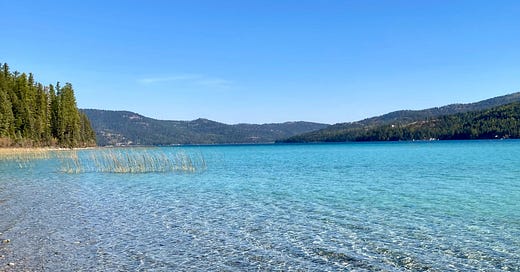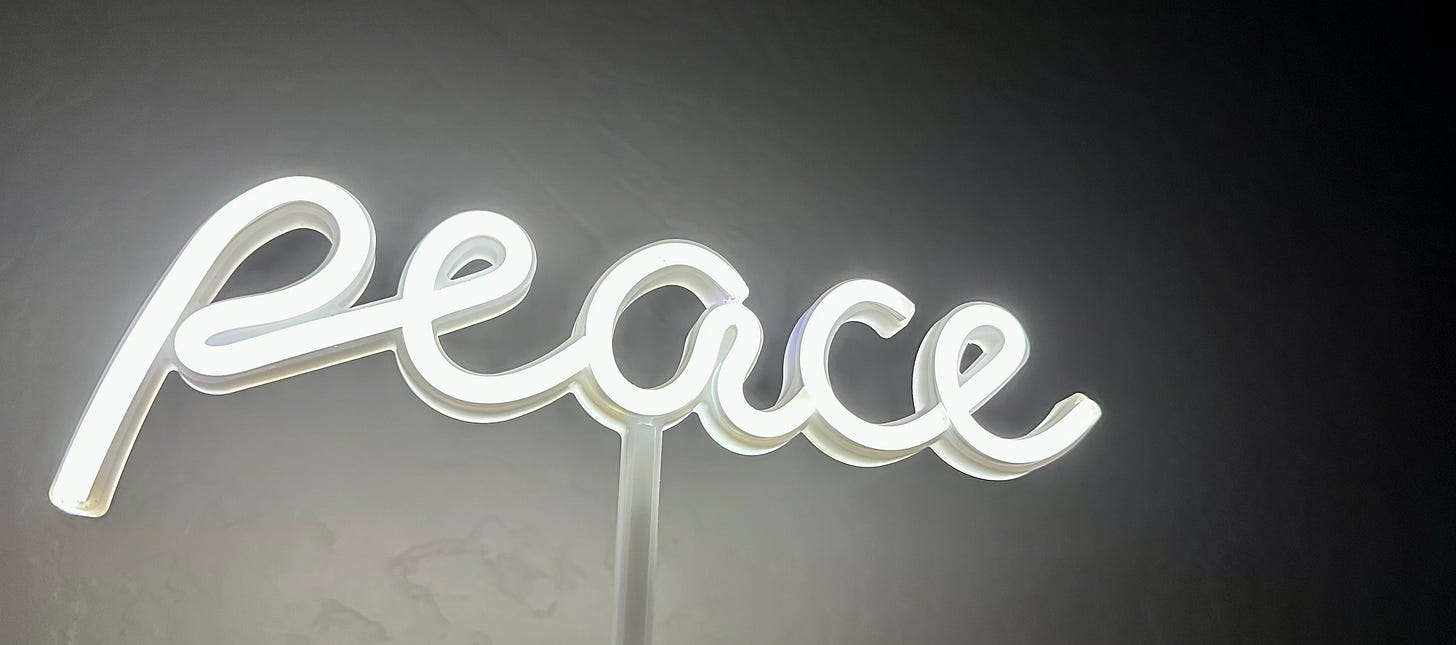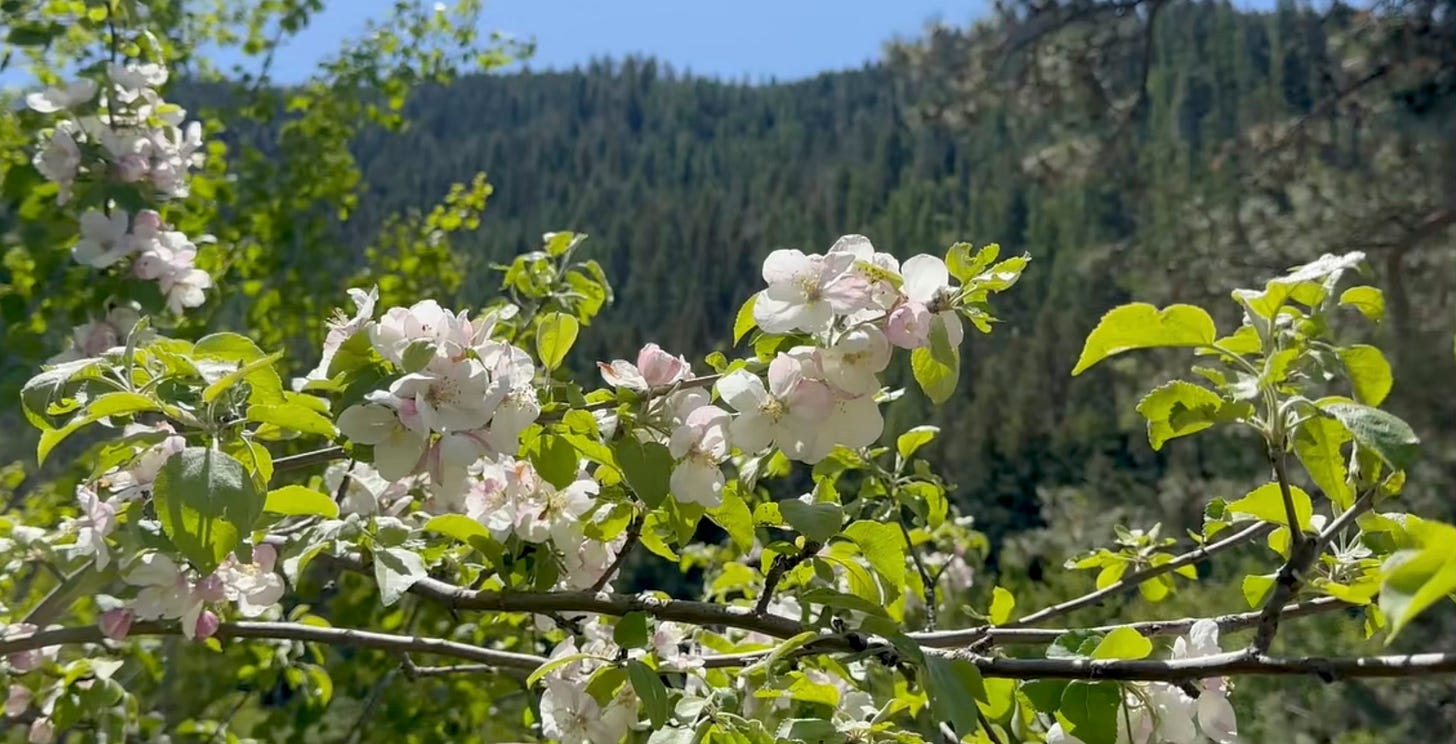Today is Juneteenth, a day that commemorates the end of slavery in the US.
Like many white Americans, I sadly didn’t know about this holiday until 2020, even though it was first celebrated in 1866.
So I don’t want to pretend I can wax poetic on Juneteenth. But the day reminds me of this truth:
No one can be free until everyone is free.
Liberation
Freedom is a complicated word in the US.
Depending on who you ask, it can mean anything from freedom to carry a gun to freedom from slavery. So I want to steer clear of that word and instead use a word from Buddhism - liberation.
Liberation means that an individual has found inner peace. The internal gears of suffering are no longer turning.
Someone can be wealthy, powerful, and unrestricted - free - but caged in an invisible web of internal suffering. Not liberated.
Someone else can be enslaved but liberated.
Epictetus, a Greek slave in the Roman Empire, is an example of someone who found liberation in spite of challenging conditions. He found it through Stoicism.
But I have to assume the majority of unfree people, past and present, have not found liberation because oppression of any kind makes liberation more difficult.
That's why I consider it a sin to oppress, control, or manipulate others. It’s why we must end oppression.
We are each born precious and liberated.
But as we grow older, we crash into the world we inherited.
The UN estimates there are 50 million unfree people worldwide today, and there are around 2 million people in US prisons. I don’t know how many immigrants are currently detained in the US.
It’s clear some people face much more discrimination and oppression than others. It’s not right.
I don’t have a quick answer for how to end oppression. I wish I did.
There are actions to be taken publicly, and that’s where I turn to activists. I often need to research how to be involved in a positive way in issues I care about.
And there are actions to be taken privately.
Sometimes it feels selfish to focus on my liberation. What about everyone else? And meditation can feel so isolating, like I’m blocking out the world.
Then I remember that each person who liberates themselves from suffering is making the entire world more peaceful.
Meditation is a way to engage with the world.
Sometimes I think of each living being as a thread in a tapestry. If my thread has knots in it, it affects the whole piece. But if I untangle my knots with meditation, it helps make the whole picture smoother and easier to see. For everyone, not just me.
Of course it’s not just classic meditation, seated on a cushion. Gardening, walking, and cooking are excellent forms of meditation. So is caring for pets, children, and elders. If you’re present in any of those activities, you’re meditating.
Finding Balance
It can be difficult and at times overwhelming to balance public actions and private actions toward liberation.
Sometimes we do more of one than the other, and that’s ok. Some people gravitate more toward one than the other, and that’s ok.
We can’t be perfectly balanced in all areas of our lives at all times.
But if we strive for balance, eventually we’ll find our own.
Little by little, taking small steps toward peace on the inside and in the wider world, we each have the power to find liberation and end oppression.
Wishing you a joyous and peaceful Juneteenth!
Reflection Qs:
Can I give myself 5-10 minutes today to check in and maybe untangle one of my inner knots?
If I haven’t engaged publicly recently, is there something I can do this week to end oppression? - ie call a representative, volunteer, research ways to engage
If I’ve been doing things to end oppression, is there something I can do this week to celebrate my efforts and the efforts of others?
Thanks for some of your precious time and attention today.
In peace,
Juniper
Acknowledgments
This email and most photos came from Montana, on the ancestral lands of the Bitterroot Salish, the Pend d’Oreille, Kootenai, and Blackfeet First Nations.
Horse photo from the ancestral lands of the Ute, Arapaho, and Cheyenne First Nations.







